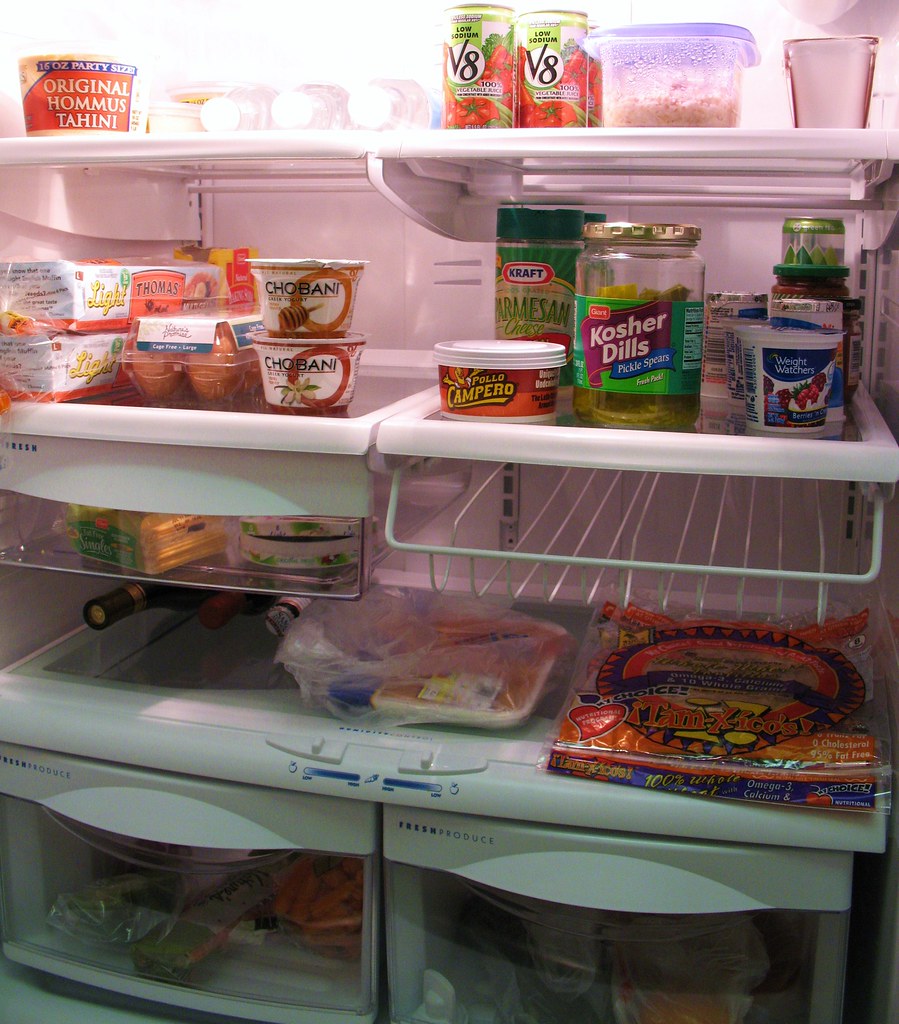Many of us turn to food for comfort when we are stressed, angry or sad. Sometimes food also serves as a way to kill boredom. Eating food due to emotional reasons instead of eating food to cope with physical hunger is what we call emotional eating. Emotional eating is a problem that cannot be ignored.

However, this problem affects us all and should not be a cause of shame. We have all caught ourselves eating an ice-cream out of the container at the end of a very horrid day. But unless we lose this habit we cannot really maintain a healthy weight. So how can we keep ourselves from falling into this trap?
We will talk about three tips that can help you win the battle against emotional eating:
1. Make your house a healthy zone
This is the first step in a step towards a healthy diet and getting rid of the habit of emotional eating.
Slowly but steadily start cutting back on the junk food available in your home. Start stocking up on healthier alternatives to snack upon. To satisfy your cravings keep unprocessed, low-calories, low-fat foods such as fresh fruits and vegetables. Unbuttered popcorn and hummus are also very good options. And remember, if you want your kids to adopt healthier eating habits, you have to lead by example.
Also, before you go grocery shopping, take a stock of your emotions. Do not go grocery shopping with a frazzled mind. If you are stressed then take a breather, go for a small walk and wait till you are calmer, then head out. This will ensure you do not fill your grocery cart with junk food.
2. Find out what triggers emotional eating
The next time you find yourself reaching for comfort foods like that bag of tortilla chips or the ever seductive chocolate bar, ask yourself why do you want to eat it? Are you hungry, if not, then why are you eating it?
Try and pin down the emotions you are going through in that moment. Are you stressed, angry, bored, sad or lonely? Try and keep a food diary. Record in the food diary what you eat, how much and when you eat. This will help you spot the pattern of emotional eating and also what triggers it. Once you know what triggers it and what you reach out for, you will be able to make better food choices when the moment strikes.
Also, if you feel you are unable to understand on your own what is leading you to indulge in emotional eating, do not be afraid to seek the help of a mental health professional. Sometimes an outside perspective can really help spot the problem. There are a lot of options in seeking professional help. You can also opt to get professional meal preparation and diet planning services to help you get a kick-start towards a healthier lifestyle.
3. Find satisfying alternatives to emotional eating
Once you figure out what is making you turn to food for comfort, you need to find an alternative way to get the solace you seek, help you cope.
For example, if you are frustrated after a long day’s work, opt for going for a walk. Pissed or hurt because of a co-worker’s mean comment? Take it out on the punching bag. If you are bored then distract yourself by calling a friend, or surfing the web.
However if you go cold turkey and deny yourself all treats, this will lead to a build of cravings and eventually end up with your binge eating. So to avoid this, allow yourselves to have some of your favourite foods occasionally and in smaller portions. For example, if you want to eat chips, take them out in a small bowl instead of mindlessly eating them out of the bag. This will help you limit the amount you are eating and still feel more full.


